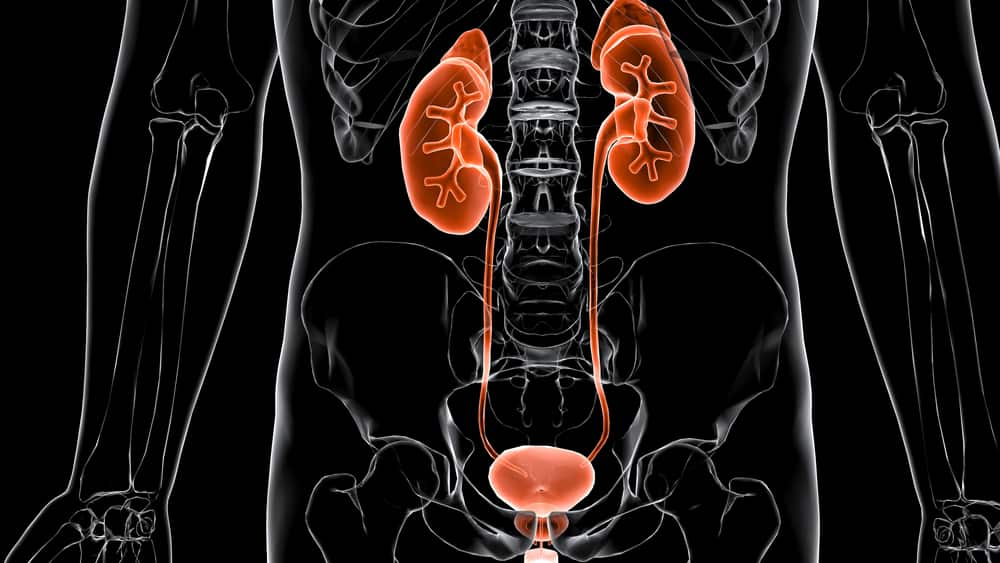
Factors Affecting Renal Excretion of Drugs
Factors Affecting Renal Excretion of Drugs
- Molecular weight.
- Drug lipid solubility.
- Stereochemical nature.
- The volume of distribution.
- Protein binding of the drug.
- Degree of ionization.
- Urine pH.
- Plasma concentration of the drug.
- Urine flow rate.
- Blood flow to the kidney.
- Biological factors.
- Disease factors.
- Drug interaction.
Factors Affecting Renal Excretion of Drugs
Molecular weight
Smaller molecular weight drugs (˂300 daltons) are easily secreted by glomerular filtration than large molecular weight drugs (>300 daltons). Drugs with molecular weights between 300-500 daltons are excreted in both urine and bile.
Drug lipid solubility
Lipophilicity is inversely proportional to urinary execration, as increased lipid solubility increases the volume of distribution of drug hence decreasing renal excretion.
Stereochemical nature
Drugs like chloroquine, disopyramide are stereo-selectively secreted by the kidney.
The volume of distribution
Drugs which are having a large volume of distribution are poorly excreted in the urine.
Protein binding of the drug
Protein-bound drugs act as macro-molecules so cannot be filtered by glomerular filtration only free drugs excreted into the glomerular filtrate. Thus these drugs are bound to proteins that have a long half-life. Actively secreted drugs are not affected by protein binding as after the secretion of free drugs, the dissociation of bound drugs occurs rapidly.
Degree of ionization
pKa is the dissociation constant that governs the degree of ionization at a particular pH.
Urine pH
The pH of urine is in the range of 4.5-7.5 and is dependent on the diet, drug intake, and pathophysiology of the patient. Urine pH and pKa values are used to determine the extent of an ionized or unionized form of the drug.
Plasma concentration of the drug
Glomerular filtration and tubular filtration reabsorption are passive processes thus are directly affected by the plasma concentration of the drug.
Urine flow rate
This factor affects only drugs whose absorption is pH sensitive. For such drugs, the higher the urine flow rate, the lower the reabsorption, drug excretion is greater. Urine flow rate does not affect the drug if excreted by glomerular filtration and tubular secretion.
Blood flow to the kidney
This value is almost 1.2L/min and remains constant. Blood flow only affects drugs excreted by glomerular filtration and tubular active secretion. In these cases, increases in perfusion rate increase the excretion of drugs.
Biological factors
Renal drug excretion is affected by different biological factors like age, sex, species that alter drug excretion. Renal excretion is 10% lower in females than males whereas, renal excretion is found to be 30-40% less in newborns than in adults, which gains maturity between 2.5-5 months of age. The glomerular filtration rate is decreased at an older age which decreases excretion and increases the half-life of the drug.
Disease factors
The disease which causes renal dysfunction is hypertension, diabetes mellitus, hypovolemia (A condition in which blood supply is less to the kidney), pyelonephritis (A condition in which kidney inflammation occurs), uremia, and nephrotoxic agents (e.g. aminoglycosides, phenacetin, and heavy metals). These diseases greatly impair the elimination of drugs primarily excreted by the kidney are caused by the accumulation of drugs that lead to toxicity.
Drug interaction
It refers to the process of interaction of drugs when administered simultaneously into the body.
Make sure you also check our other amazing Article on : Anatomy and Physiology of Stomach